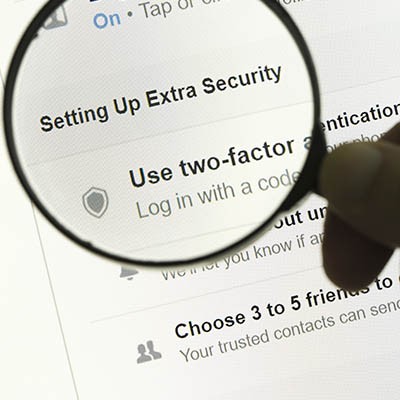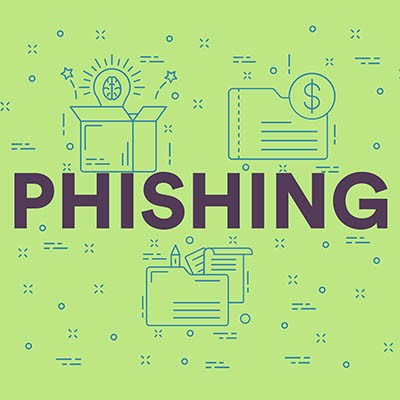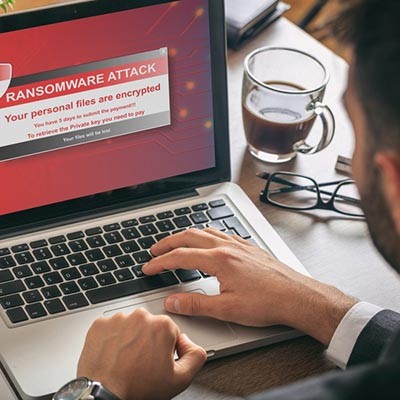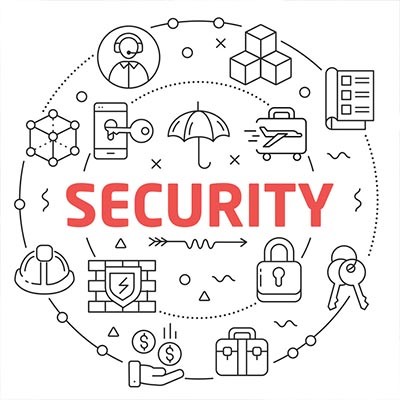Argentum IT LLC Blog
It’s a safe assumption that your business relies on some technology in order to operate (after all, you are reading a blog on the Internet). As a result, it is likely that you will require some level of IT support at some point. While this may sound like something simple enough to find, you need to keep in mind that not all IT service providers will necessarily provide the same quality of service.
If they are doing their job well, a business’ decision makers are always looking for ways to increase efficiency. For years, businesses were looking to their human resources to improve, but today, technology can fill in the gaps more effectively. A culture of automation--the act of having machines do tasks that humans used to do--is proving to be a potent strategy for all types of tasks.
Email is one of the most valuable tools that a business has at its disposal, but even so, its true value can easily be wasted if it isn’t used to its fullest potential. To avoid this, we’ve put together a few of our favorite ways to streamline your business emails - and maybe fix a few bad habits along the way.
Passwords… can be annoying, if we’re being honest. They are, however, also incredibly important to your business’ overall security strategy. We’ve all heard the suggestions on how to create secure passwords. As it turns out, there is more to modern security then that. Let’s explore a few options to help you create useful passwords, and take a look why passwords are only the beginning.
Whether you love, hate, or are just indifferent about Facebook (no judgement here), it’s worth configuring and locking down your account to control what others can see about you.
Facebook is front and center when it comes to privacy-related issues worldwide, so in this blog we are going to discuss how you can take control of your personal information. This post will also serve as an excellent starting point for anyone who doesn’t understand 2-factor authentication.
Despite its whimsical name, phishing is a very serious threat to everyone, especially today’s businesses. This means that you need to be prepared to identify its warning signs and avoid risky situations. Here, we’re offering a few tips to help you do so - make sure you share them with your employees as well!
Mobile devices accompany us more or less everywhere, leading us to use them more and more frequently in all aspects of lie, including for business purposes. As a result, cybercriminals have even more motivation to target them. To help you avoid a mobile device being the downfall of your company’s security, we’ve assembled a few practices you and your staff should adopt.
Habits can be a very effective way to improve your internal productivity, but others can expose your business to security risks. Unfortunately, there’s a good chance that your employees may have picked up the latter. This means you need to learn what to look for, so you can identify any problem areas within your business - and work to break the habits that led to these problems.
When we discuss backup and disaster recovery (BDR), it may seem as though we’re talking about a single process - after all, there’s just one acronym for it. However, the reality is that - while these two processes are related to one another - backup and disaster recovery each require a different preparation process, with different considerations made for each.
In the course of doing business everyone has their own specific responsibilities. One overarching responsibility that all employees need to have today is a keen eye for detail. The health of a business depends on it. A staff’s failure to properly shoulder their load of security can have an immensely negative result for both the employee and the company. Today, we’re going to explain that when your organization gets breached by hackers, that fault is largely found in the mirror.
Communication is a key part of the workplace, and modern tools have made it more efficient than ever before to stay in contact with one another. One of the most important tools in the modern business’ repertoire is instant messaging, which is somewhat challenging to utilize without a way of ensuring productivity and professionalism.
Cybersecurity is one of the most talked about problems facing the modern business. This is because cybercrime has increased precipitously while businesses have moved more of their processes onto the computer. Planning how to protect your business’ crucial digital resources from corruption and theft has never been more important. We’ll take a look at some of the problems we are seeing that are negatively affecting small and medium-sized businesses' ability to do business effectively.
Do you ever feel like your business’ meetings simply don’t go as planned? These are often the most dangerous kind of meetings, as employees who have better things to do may find that meetings aren’t a great way of using their time (or their skills) properly. If you are having meetings that just seem like a waste of time, it’s your responsibility to start thinking about how you can improve them. Here are a few tips:
For many businesses, communication is a major contributing factor to their success. Technology--when it’s properly implemented, anyway--can play a big part in keeping communication productive, but with certain solutions, it can be difficult to determine context. Here are some ways that you can help your employees be as clear and concise as possible with specific communication methods.
Even with a data recovery strategy, you can’t expect all problems related to data continuity to be resolved simply by having a strategy in place. Take a moment to ask yourself if you have the right strategy for your business’ needs. Below you will find several considerations to keep in mind when planning your data backup system, as well as how to make it happen.
These days, it seems that to have a computer is to have a Google account. If one isn’t used for professional purposes, it is used as a personalized solution - and no wonder. The convenience and accessibility of these accounts alone are compelling, even before one considers the versatility that this account brings with it. Unfortunately, these benefits can be quickly overshadowed by risk if a Google account’s security is overlooked, even if unintentionally.




















